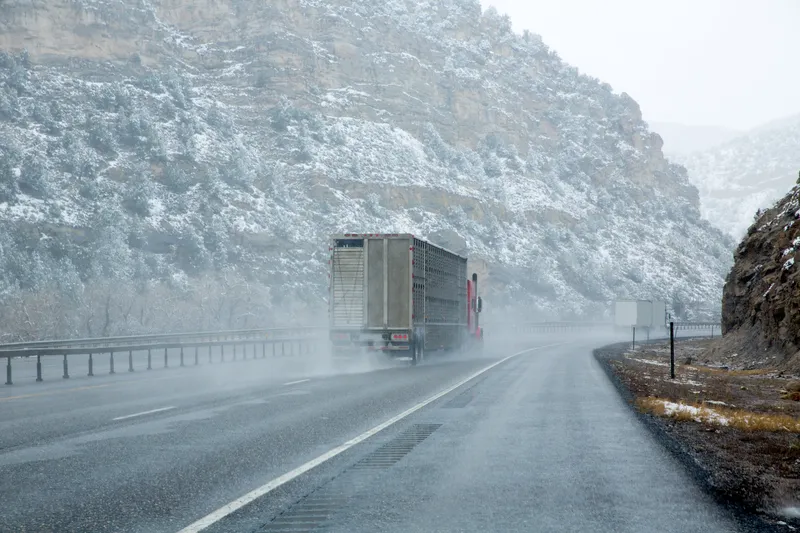The Pennsylvania Department of Transportation (PennDOT) and Pennsylvania Turnpike Commission (PTC) have formed the Smart Belt Coalition, a collaboration with transportation agencies in Ohio and Michigan that will focus on automated and connected vehicle initiatives.
With similar climates, commercial truck traffic and active work on these technologies in the participating states, the coalition, which includes transportation and academic partners, will be a resource for transportation stakeholders and the
January 18, 2017
Read time: 2 mins
The 6111 Pennsylvania Department of Transportation (PennDOT) and Pennsylvania Turnpike Commission (PTC) have formed the Smart Belt Coalition, a collaboration with transportation agencies in Ohio and Michigan that will focus on automated and connected vehicle initiatives.
With similar climates, commercial truck traffic and active work on these technologies in the participating states, the coalition, which includes transportation and academic partners, will be a resource for transportation stakeholders and the private sector alike.
It is developing its strategic plan which initially focuses on connected and automated applications in work zones, including uniform work-zone scenarios offering consistency for testers as well as technologies offering better information to motorists. It will also research commercial freight opportunities in testing, including platooning and potential coordination on interstates, as well as incident management applications providing better information to and infrastructure for emergency responders and other agencies.
Moving forward, the coalition will finalise a strategic plan outlining the framework for participants and opportunities for private-sector testers.
With similar climates, commercial truck traffic and active work on these technologies in the participating states, the coalition, which includes transportation and academic partners, will be a resource for transportation stakeholders and the private sector alike.
It is developing its strategic plan which initially focuses on connected and automated applications in work zones, including uniform work-zone scenarios offering consistency for testers as well as technologies offering better information to motorists. It will also research commercial freight opportunities in testing, including platooning and potential coordination on interstates, as well as incident management applications providing better information to and infrastructure for emergency responders and other agencies.
Moving forward, the coalition will finalise a strategic plan outlining the framework for participants and opportunities for private-sector testers.








